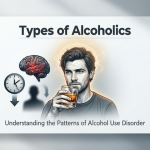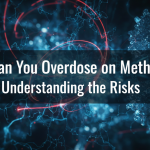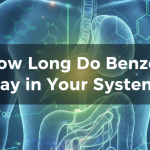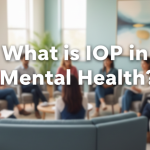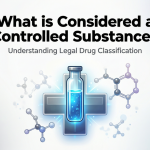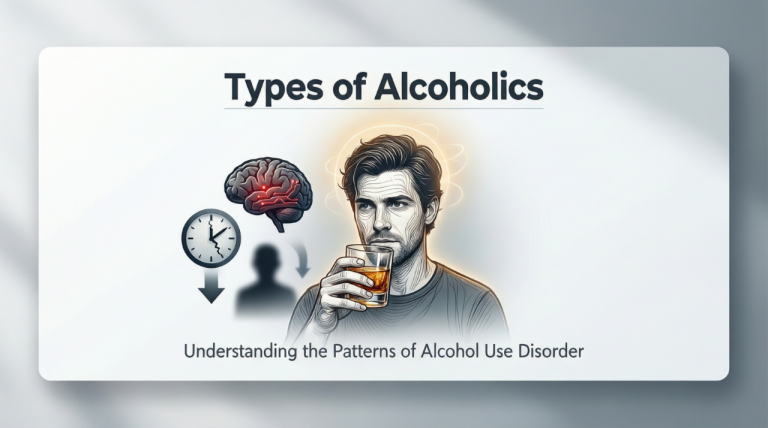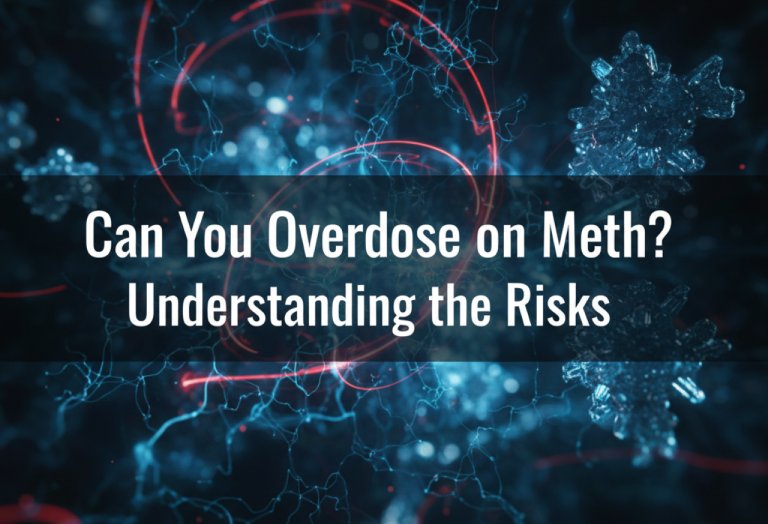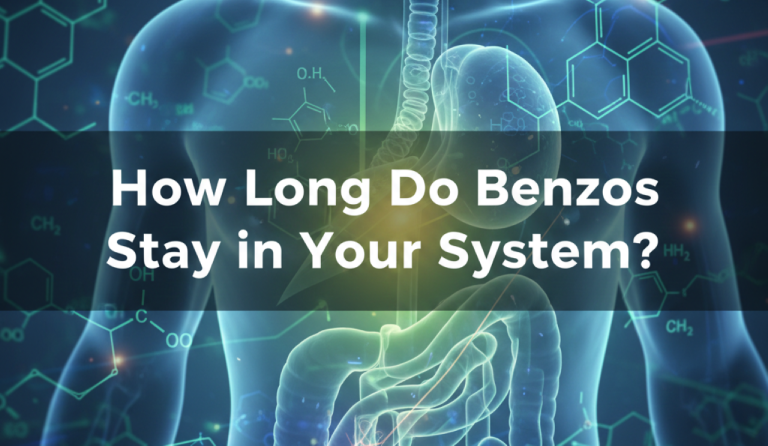Blood sugar levels are impacted by several factors, including stress, insulin production, physical activity, and carbohydrate consumption. Normally, the pancreas secretes glucagon to balance blood sugar levels. This is produced when glycogen stores are low or glucose levels are high in the blood. Alcohol consumption can negatively impact this process since it inhibits glucagon release.
What is Blood Sugar and How Can It Affect Your Body?
Blood sugar is essential for the body’s cells to function properly. Sugar in the blood is called glucose, and it provides energy to your cells. Cells produce insulin, which carries excess glucose out of the bloodstream and into muscle or liver cell storage for later use as fuel.
Of course, if there isn’t enough insulin available or if cells resist its effects, blood sugar levels can get too high. This condition is known as hyperglycemia, which may cause damage to organs throughout your body over time if left untreated.
Even small spikes in blood sugar levels after meals are undesirable. Spikes may also happen on an empty stomach since consuming carbohydrates increases blood sugar quickly when no food has been eaten.
When Does Blood Sugar Spike?
The spike in blood sugar that occurs after eating a meal is known as postprandial hyperglycemia. This typically lasts for about two hours after your body digests food. Context has a significant effect on how quickly your body processes carbohydrates into simple sugars used for energy throughout the day. Consuming too many carbohydrates at dinner will still have an effect.
Alcohol and Blood Sugar Levels
Many studies have explored the connection between drinking and hyperglycemia (high blood sugar), especially when fasting. For example, one study found that long-term drinkers were more likely to have had high blood sugar levels in the past year compared to non-drinkers. Moreover, an individual’s alcohol intake is directly correlated with glucose and insulin metabolism (enzymes related to blood sugar control).
Effects of Alcohol on Blood Sugar
Alcohol has an overall negative effect on blood sugar levels, especially when consumed excessively. When drinking, the liver is responsible for producing enough glucose (sugar) needed by the body for energy. However, when someone drinks more than he or she can metabolize, excess glucose travels throughout the body to keep up with demand. This excess glucose ends up being stored as fat within adipose tissue.
Alcoholism and Diabetes
Alcoholism and diabetes are interlinked in several ways. First, people with diabetes are more likely to drink alcohol than those without diabetes. Second, alcohol can interfere with blood sugar control in diabetics; this means that the same amount of alcohol consumed by someone without diabetes may cause a more dramatic spike in blood sugar levels compared to someone who does not have diabetes. Third, drinking even small amounts of alcohol can cause problems in people with impaired glucose tolerance or insulin resistance (which is common among diabetics).
Long-Term Effects of Alcohol Use
The long-term effects of alcohol use include the chance of developing alcoholism, malnutrition, and nerve damage. Alcohol can also cause seizures and organ abnormalities.
Most American adults consume alcohol at least once in their lifetime.
Among them, 6.7% will develop Alcohol Use Disorder. 25.8% of people aged 18 years and older report binge drinking in the past 30 days. Every day, 261 Americans die as a result of excessive alcohol use. 80% of these deaths involve adults aged 35 or older.
Florida has an elevated alcohol-related death rate but one of the lowest rates of under-21 deaths. As a result, 57.5% of deaths are due to chronic causes, such as long-term alcohol abuse. 6,903 annual deaths are attributable to excessive alcohol use. 70.2% of deaths are male.
Health Risks of Alcohol Use
The health risks associated with drinking are also influenced by how much you drink, your age, and your gender. Alcohol affects people differently depending on:
- Size
- Sex
- Body composition
- Illness (e.g., liver disease)
- Medications they are taking
- Family history of alcohol problems
- Whether they have other health conditions such as heart disease or diabetes.
Alcohol acutely raises blood sugar levels in the short term. This can create problems for diabetic drinkers who do not know that alcohol has this effect.
First of all, drinking large amounts of alcohol when fasting will cause a person’s blood sugar to rise even higher after drinking. Second, diabetics who are already at high risk for hyperglycemia are more likely to experience it if they drink at all—
Should I Seek Alcohol Addiction Treatment?
Alcohol addiction treatment is important for people with diabetes since it can help them control their blood sugar better. It’s also essential if they want to reduce the risk of developing more severe problems with alcohol, such as liver disease or cardiovascular disease.
The typical goal of alcohol addiction treatment is abstinence, but research has shown that moderate drinkers who follow a strict healthy lifestyle are able to maintain good health and still enjoy alcoholic drinks responsibly.
The types of treatment vary, including:
- Outpatient treatment – People can receive addiction treatment while living at home or in a sober living environment. Some may even hold jobs and tend to family responsibilities while receiving treatment.
- Intensive outpatient treatment – These programs are the same as traditional outpatient treatments except they include specialized services, such as early morning appointments before work or evening treatment sessions after school.
- Partial hospitalization treatment – This type of treatment is intensive while still allowing individuals to live outside of their rehab facility.
The goals of alcohol addiction treatment are similar for everyone regardless of how much or
how little they drink. Alcoholism is a chronic brain disease that causes people to compulsively seek out and consume alcohol despite its negative effects on their lives. It’s typically diagnosed in people who have developed an unhealthy dependence on alcohol.
Discover Fresh Beginnings Orlando Treatment Solutions
There’s no question about the impact of alcohol use and how it can alter the functions of the body. Consider living in balance with moderation, exercise, and freedom to socialize without the crutch of alcohol. Alcohol can increase your health risks if you have issues with blood sugar levels. Entering treatment for alcohol addiction requires immense courage and practice. Orlando Treatment Solutions offers recovery options for you or a loved one. If you’re seeking treatment, reach out to our facility today.
[accordion]
[accordionblock title=”References”]
https://drugabusestatistics.org/alcohol-abuse-statistics/#florida
[/accordionblock]
[/accordion]







